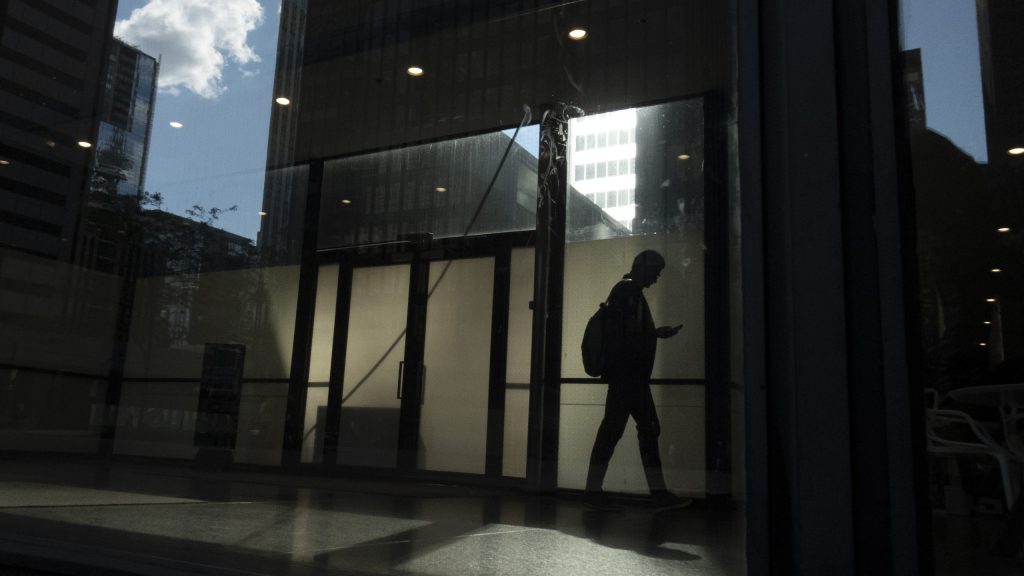Taseko wants limits on First Nation input to Prosperity Mine review
Posted May 1, 2012 5:26 pm.
This article is more than 5 years old.
WILLIAMS LAKE, B.C. – The original federal environment review for the Prosperity Mine in British Columbia was unfair because it involved native prayer ceremonies and a children’s play, according to a complaint from the head of Taseko Mines Ltd. (TSX:TKO)
In a letter to Environment Minister Peter Kent, Russell Hallbauer said that allowing the panel hearings to start with aboriginal prayer ceremonies and showing the members a children’s performance where the kids dressed as fish and pretended to die would “cause the average person to question the objectivity of the panel.”
The letter has offended the Tsilhoqt’in First Nation, which opposes the plan for New Prosperity Mine.
Tsilhoqt’in Chief Joe Alphonse said his members hope the federal government will reject the complaints.
“We have warned over and over again that this company does not understand or respect First Nations or our issues,” he said in a news release on Tuesday. “This letter proves once again that this is the wrong project, in the wrong place, by the wrong company.”
The letter was written last fall, but has only been made public by the First Nation now.
A federal panel rejected the original plans for the mine in 2010 but a new review has been ordered, with terms of reference for the hearing expected to be announced any day.
Alphonse has warned of greater uncertainty and intensified conflict if the panel is stripped of the power to consider aboriginal concerns.
Taseko’s original proposal for the $1 billion copper and gold mine in B.C.’s central Interior region involved draining Fish Lake and using it for a tailings pond.
The revised proposal would see the company spend $300 million to build its own tailings pond, rather than disrupt the picturesque waters.
It’s unclear if this review will be conducted under the new federal government changes that streamline the environmental and regulatory approval process for mines.
Hallbauer’s Nov. 23 letter to Kent said Taseko has spent more than $120 million on its efforts to develop the project in the last process, about which it had serious concerns.
He said the composition of the first panel included the acting co-ordinator of the Tahltan Central Council organization, and in that capacity, the person advocated that projects on Tahltan traditional territory should not proceed without their approval or consent.
He said Taseko is also concerned because the panel appeared to be giving priority status to the interests and perspectives of aboriginal people who came before the panel.
“For example, we believe that it was not appropriate for the panel to begin its hearings with an aboriginal prayer ceremony,” he said. “Similar opportunities were not afforded to other persons or groups of persons.”
Hallbauer also wrote that there were other actions that made them question if the panel was biased.
“One such example included the panel allowing a group of kindergarten children to present a play in which the children wore fish cut-outs on their heads, moved around the floor, and then all fall over simultaneously, symbolizing the death of fish.”
But Alphonse said it was the profound spiritual importance and heritage of the area for First Nations that were factors in the decision by the federal panel to reject the original mine proposal.
A spokesman for Taseko Mines didn’t return a request for an interview.










